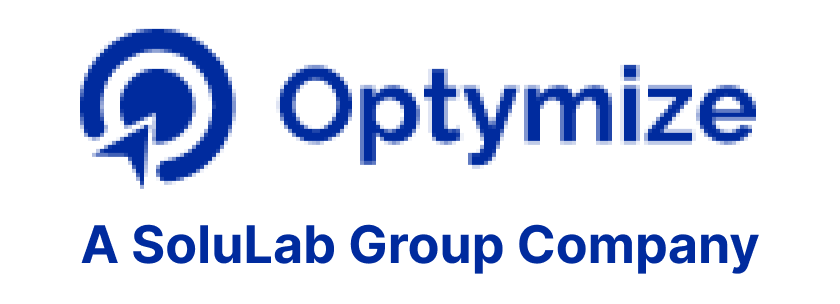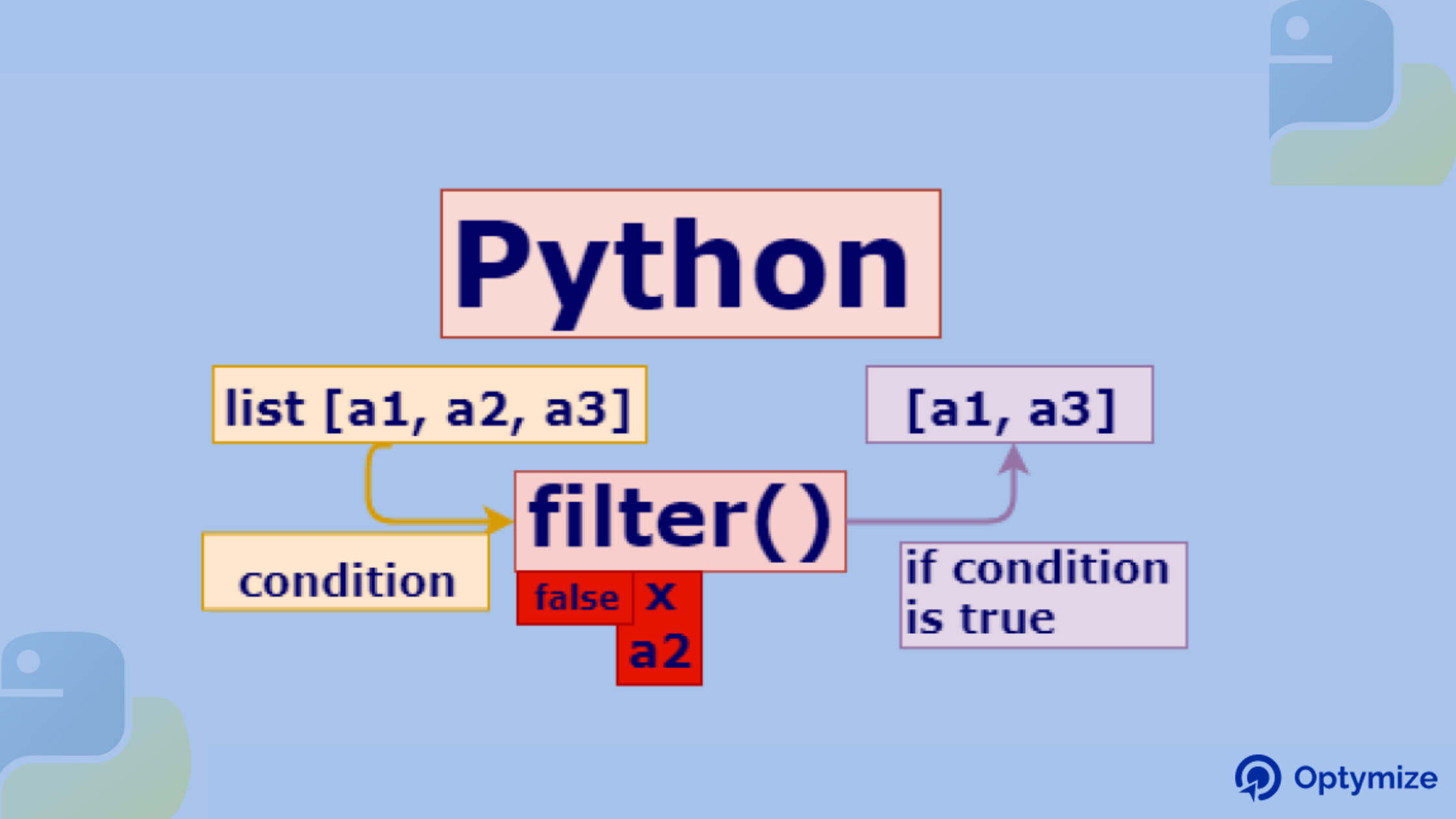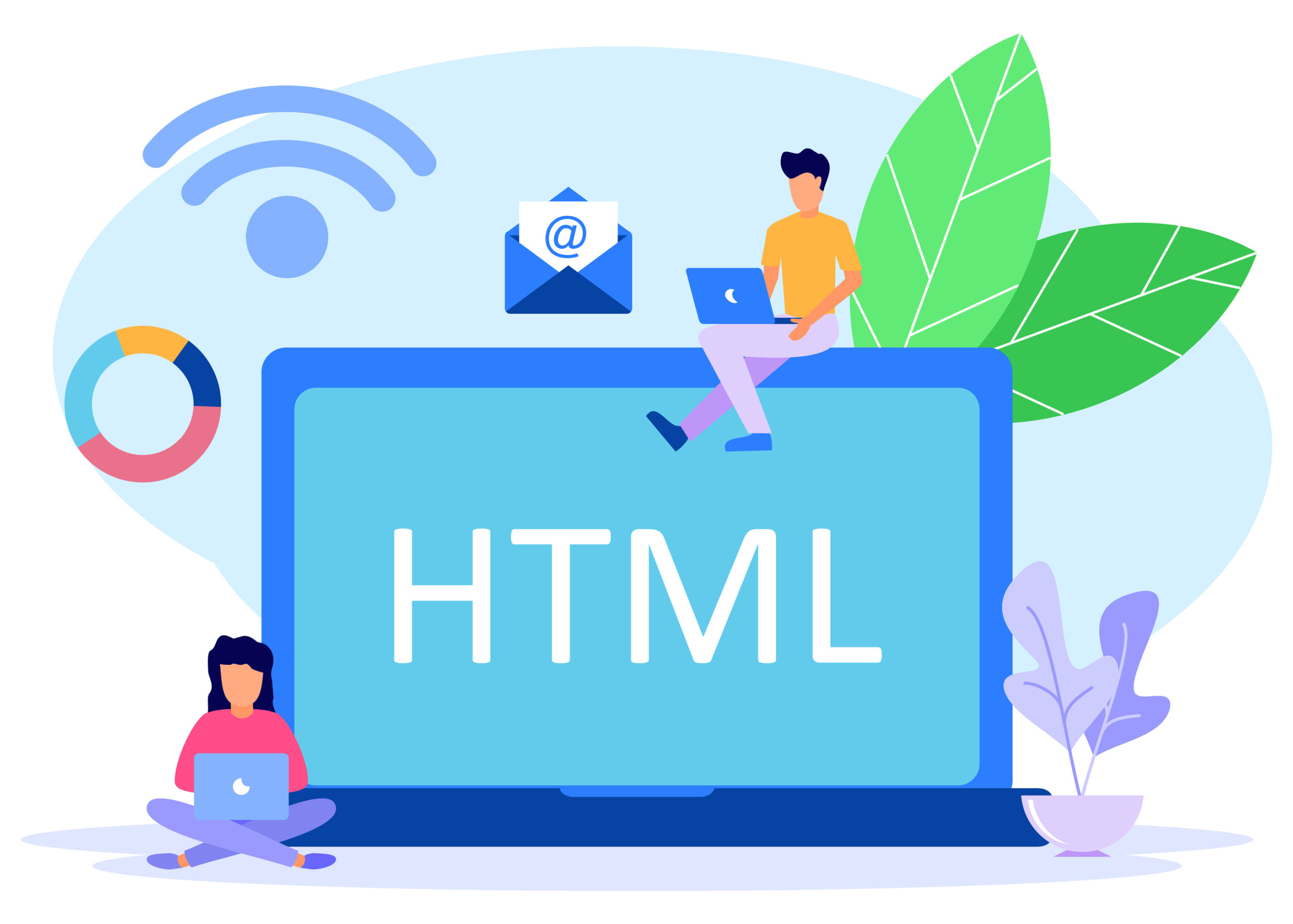Introduction
Flutter was developed by Google as a front-end development tool and framework for the development of user interface (UI). It was released in 2017 and despite a strong competitor in ReactNative, its user base has steadily grown. So, any app developer team that requires a competent front-end UI developer should consider hiring a flutter skilled developer.
So, this article will cover some of the most common Flutter interview questions that are expected in any proper interview. For the reader’s convenience, they have been split according to a rough idea about their complexity and with a small description about the topics asked about. After the flutter interview questions on a beginner, moderate and expert level, other types of flutter interview questions that are expected in a good interview and a few directly or indirectly related topics to Flutter are also covered.
Beginner Flutter Interview Questions
This level of beginner flutter interview questions is meant for the college intern or junior level developer. The applicants hired are likely to only be aware of Flutter through classes and self study and projects. They are meant to ascertain whether the applicant has at least a basic working and/or understanding of Flutter. Depending on how they answer the Flutter interview question, additional training may be necessary.
One of the most basic Flutter interview questions, that is asked in nearly every scenario for a newcomer. Any applicant that is hired to work in Flutter must understand this and while previously certified applicants won’t have any issue with this, it should be an expected question while interviewing any newcomer.
This is another one of the basic Flutter interview questions that is expected for any newcomer in the field. Any newcomer who wants to have competency and credibility in Flutter should be able to answer as any developer or engineer should be able to justify why their programming language or framework is chosen for the specific reason.
This is one of the more theoretical Flutter interview questions. While some low level practical tests may not require any practical knowledge regarding this, the tasks involved in even beginner or moderate roles in many projects requires a degree of knowledge regarding the innate working of Flutter’s architecture.
This is one of the more relevant Flutter interview questions for beginners. As mentioned above, many beginners in Flutter should possess a strong foundation regarding the base topics, including modes and the types of modes available.
If Flutter courses are available in workshpops or universities, this is one of the first topics taught. So, among Flutter Interview questions, this question is expected for any applicant. Moreover, if any applicant is actually capable of understanding them, then, they are capable of selling the reasons why they chose Flutter outside of it just being an available syllabus option.
Widgets are one of the building points behind the Flutter framework. This along with their different modes that are available are often one of the basic Flutter interview questions asked when developing frameworks.
The app state describes the state of memory when the app is running, whereas the memory stored in the widget is known as the ephemeral state. This along with keys are a rather uncommon choice for Flutter interview questions.
The runApp() function takes a given WIdget and makes it the root of the widget tree. In contrast the main() function marks the starting point of the program. So, it is a crucial difference that any applicant should know, so this is one of the common Flutter interview questions.
Container class is a common widget that is used to store multiple properties. So, when designing using widgets, this is a basic topic that applicants have to know. So, this is among the relatively common Flutter interview questions.
Flutter was designed as a development framework for designing UI and one of its main competitors is React Native. So, developers who often have to make the best choice for a project should choose the best option available. So, it is expected that they should know how to accurately compare the two so in hiring applicants who are expected to work with some flexibility this should be a common Flutter interview question.
It is a tool for the inspection and visualisation of widget trees. So, for developers involved in the inspection of such widget trees, this should be a common inspection tool. So, if developer applicants are meant to act in an inspection role, this should be one of the expected Flutter interview questions.
Mixins in Flutter serve a similar role to inheritance in a programming language in that it allows for reusing code segments and prevents redundancy. Like in most programming questions, this is a crucial aspect for coding in Flutter so it should be expected among Flutter interview questions for a developer role.
One of the most crucial steps in using Flutter and the last here but certainly not the least. Any tester applicant should expect this among their Flutter interview questions but outside of that, in general, it is a relevant theoretical base subject.
Moderate Flutter Interview Questions
This level of questions are expected for applicants who have had some previous experience with Flutter in internships or previous work projects. So, they would have a working understanding about the nature of Flutter and so, the Flutter interview questions are geared towards the more practical side. If an applicant can answer only some of the questions posted here, that many imply unfamiliarity with slightly more advanced aspects rather than complete incompetence. So, if a job opening at a lower position was available, the previous set of Flutter interview questions may still be applicable.
Packages are a feature of Flutter that allow for modular code to be written and plugins are a code dependent version of that. Outside of that, this is relevant for developers developing multiple apps at the same time. So, any applicant that is expected to work simultaneously in multiple apps or reuse code repeatedly should expect this among their Flutter interview questions during the hiring process.
Asynchronous data transfers rely on streams and in Flutter, there are two separate types available: single subscription and broadcast. So, if applicants are expected to work in data driven projects, they should expect Flutter interview questions during hiring.
Hot Reload and Hot Restart are features to allow to decrease execution time.Hot Reload does not destroy the preserved state but it is unusable when the app is killed but whereas Hot Restart is faster, it destroys the preserved state of the app. So, this should be expected among applicants for a senior role among Flutter interview questions.
State of a widget determines its interactivity. A Stateful Widget changes when the user interacts with it. Stateless widget does not. So, this should be an expected question among Flutter interview questions for more challenging roles.
Expert Flutter Interview Questions
This set of Flutter interview questions are meant for the applicants who have previously worked with Flutter in multiple roles in the past. They are likely to be well knowledgeable about the standard workings of Flutter and so the Flutter interview questions that are the best at assessment for them tend to be specific in nature and example based. So, the examples presented below are meant as topics to cover/basic expert level Flutter interview questions and the majority of questions should be similar to troubleshooting examples.
Explain about the advantages and disadvantages of flutter in comparison to REACT. Also, mention some features that you want Flutter to add on in future updates.
While this may seem like one of the rather beginner level flutter interview questions, this is actually a deceptively useful question. This is because if their answer is the standard textbook answer, it is a clear indication that the applicant has had a minimal or no interaction with tools other than Flutter and their experience with Flutter is minimal. This is because only someone who has had several years of working experience with Flutter would be able to give a true first hand expression about their pros and cons along with relevant improvement suggestions. As such, this is one of the few Flutter interview questions that are suitable for all expertise levels.
- Explain about the Flutter SDK (Software Development Kit)
Flutter can be thought of as Google’s choice for a mobile app SDKs, that is compatible with both iOS and android.l, can work with existing code, and is open source in nature. Being essentially a toolkit that runs on DART, any applicant for an app developer role should expect such Flutter Interview questions.
2. Explain About Pubspec File
Every Flutter app project when created generates a pubspec.yaml or pubspec file. It acts as a repository for the metadata about the project and is located at the top of the project tree. So, any applicant for a Flutter app developer role should expect this among their flutter interview questions.
3. Explain animation in Flutter
Animation in Flutter is a powerful tool while designing the appearance of apps and sites. Flutter supports two different types of animation:
- Tween or in-between animation is necessary to define the start and endpoint of animation. The animation starts, goes through intermediate values and reaches the end point of animation. The animation starts, goes through an intermediate value and reaches the end alongwith the time and speed of the transition.
- Physics based animation simulates real life movements. It can be used to simulate properties like gravity. So, when applicants apply for an app or site developer role, they should expect questions regarding animation about Flutter interview questions.
4. How do you create HTTP requests in Flutter?
One of the rather unusual flutter interview questions, it is best searched for by any potential interviewee or applicant. This is due to the excessive number of steps required to do so from scratch in a project that are better described in person rather than read.
5. Explain about Flutter provider
It is a state management option, in fact, the very first option provided by Flutter. Its creator has described it as a mix between state management and dependency injection. So, senior level applicants are expected to be well versed regarding this matter, so any applicant to such a role should expect such Flutter interview questions.
6. Explain about await and async in Flutter
Async and Await are keywords used to provide a decorative way to define asynchronous functions and use their results. Async keyword states that this function might use asynchronous logic. It tells them that they may have to wait to get the result. Await on the other hand tells it that the function is finished and you will get its return value. Using it requires a level of skill so it is among the expected flutter interview questions for senior developer roles.
7. Differentiate between SizedBox and Container
If the widget used to display an object on the screen has no child, no height, no width, no constraints, and no alignment then the Container class is used, so that the parent provides bounded constraints and the container expands to fit the constraints provided by the parent. Sized box is used if the widget has no child, no height, no width, then SignBox() serves as a syntactic placeholder. While this is a rather basic technical topic, the differentiation between them is rather subtle and more than just the simple brief presented above. As such, it classifies as a relevant Flutter interview question.
8. Compare and contrast between Future and Stream builder
Stream builder and Future builder both listen to changes on their respective objects and trigger a new build when they are notified of a new value. However, Future has only one response. It is used to handle HTTP calls. Stream instead acts like an async iterator. Outside of this, applicants for a senior role are expected to not only know this topic, but be well versed in it. So, it is another expected flutter interview question.
9. Differentiate between ?? and ? operators
One of the rather unusual flutter interview questions, it is best searched for by any potential interviewee or applicant.
10. Differentiate between double Infinity and MediaQuery
Double.Infinity
double.Infinity is used as the default keyword that allows for the biggest permissible size whereas MediaQuery allows for the biggest size permissible through the screen. This is a useful difference to know when designing UI, so this is one of the relevant Flutter interview questions.
Topics to Cover Outside of Flutter Interview Questions
Outside of the posted questions above, as the role for hiring increases in seniority, such forms of theoretical Flutter interview questions decrease in relevancy. This is because outside of the assumed pre-existing knowledge of the basics, at a higher level the people hired are more likely to work in roles such as overseeing, testing of code, troubleshooting and management so while they have laxitude in looking up minutiae of code, they should have the knowledge and expertise in regards to complex and unexpected issues along with an ability to mentor subordinates in such issues.
As such, rather than asking flutter interview questions on theoretical topics, the focus should be on their work and project experience with the subject. As such there are no Flutter interview questions presented here on the subject as they are highly variable and dependent on the individual applicant.
Some examples of the miscellaneous flutter interview questions that can be expected are as follows:
Outside of flutter interview questions regarding previous work experience and theoretical knowledge, questions regarding their general technical knowledge base are also expected in any interview.
Conclusion
The presented flutter interview questions are a quick summary of many possible flutter interview questions that can be asked on this subject. Additional flutter interview questions are available online on many sites and blogs. However cramming flutter interview questions or questions of any other subjects is a bad idea. Instead, it is best to study the subject hands on rather than giving cookie cutter repetitive answers, with true experience, any of the flutter interview questions that you answer will be unique and catch the attention of any interviewer.







